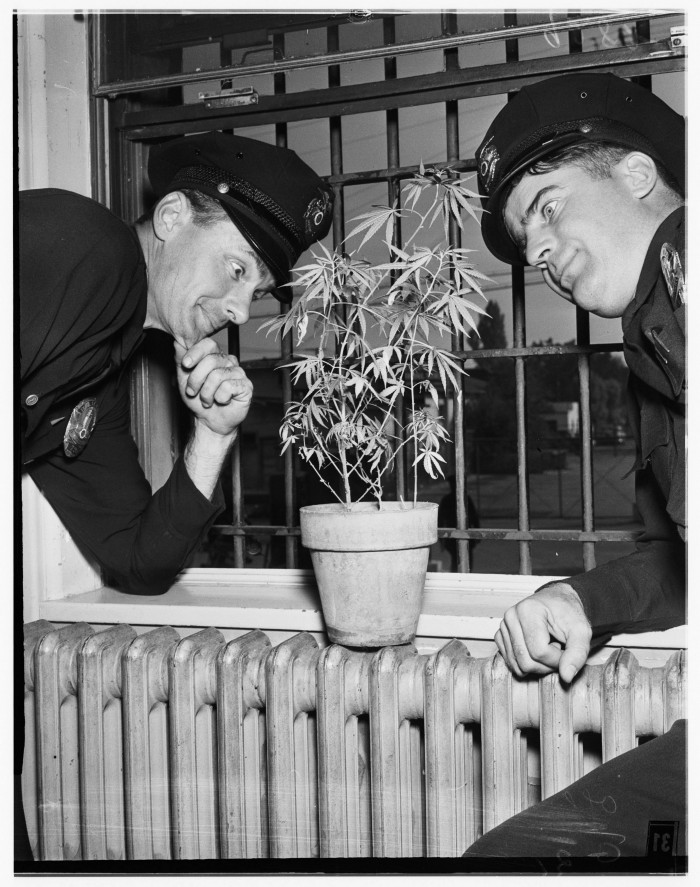-by Jason Foscolo
 The haphazard legalization of hemp and particularly cannabis is creating an unpredictable legal environment for entrepreneurs. By “haphazard,” I mean that legitimizing marijuana as an industry does not simply stop at decriminalization. There are other aspects of law having nothing to do with criminal justice that can thwart the progress of the marijuana entrepreneur. Here are a few issues we’ve seen in the news and in our legal practice lately:
The haphazard legalization of hemp and particularly cannabis is creating an unpredictable legal environment for entrepreneurs. By “haphazard,” I mean that legitimizing marijuana as an industry does not simply stop at decriminalization. There are other aspects of law having nothing to do with criminal justice that can thwart the progress of the marijuana entrepreneur. Here are a few issues we’ve seen in the news and in our legal practice lately:
1. In the rush to create hemp industries, legislatures make sloppy mistakes. South Carolina recently made it legal to grow industrial hemp if the grower was “licensed,” but neglected to create a licensing scheme for interested growers. The statute thus creates an economically tantalizing but unobtainable opportunity for the state’s farmers.
2. Branding for marijuana and marijuana-based products, like soft drinks and gummy bears containing THC extracts, is very difficult to trademark. To qualify for federal trademark registration, the use of a mark in commerce must be “lawful.” Thus, any goods or services to which the mark is applied must comply with all applicable federal laws. So long as marijuana or its derivatives remain controlled substances at the federal level, producers of marijuana-based products will not be able to avail themselves of federal trademark protection. Trademark protection is absolutely fundamental to a successful brand, and the powerful range of anti-infringement benefits that come with it are denied to marijuana-based businesses.
3. While we are on the subject of edibles, food safety is a new area of regulation for marijuana entrepreneurs. Even after they become legit, some marijuana manufacturers seem to have trouble dropping some of their old habits, like processing bubble hash in old washing machines. This may be an example of a few bad apples, but it doesn’t help foster a positive image of an industry that is trying to legitimize itself. When the trade was illicit, inspectors didn’t scrutinize manufacturing processes because they never had the chance to do so. Now that they are starting to poke around with their swabs and thermometers, they are not thrilled about the safety of the food products being offered to the public.
4. The biggest potential obstacle by far for medical marijuana is drug labeling. Too many drug references on a food or beverage product label can earn a Warning Letter from the FDA stating that it is a “street drug alternative” and therefore, a drug as defined by the Food Drug & Cosmetic Act. The stakes are raised when particular health claims are associated with medical marijuana consumption. Marketing a link between marijuana and a given ailment is central to the idea of medicinal marijuana, but marketing anything as a drug is tightly controlled by the FDA. Though marijuana entrepreneurs may be very tempted to make the claim that, say, THC may alleviate some of the symptoms of conditions like Alzheimer’s Disease, they are in no position to assert the same kinds of claims that prescription drug manufacturers make on drugs that have been through the approval process. The FDA does not seem to be going after marijuana entrepreneurs for the claims that they are currently making, but that can change at any time. In the interim, the safest course of action would be to not make any medicinal claims.
The most important thing to remember is that just because the Department of Justice has de-emphasized prosecution of certain marijuana crimes does not mean that other agencies necessarily will grant a “pass” on the regulations within their domain to marijuana entrepreneurs. Growers and processors in this burgeoning industry need to assess regulatory risk from every angle.

















